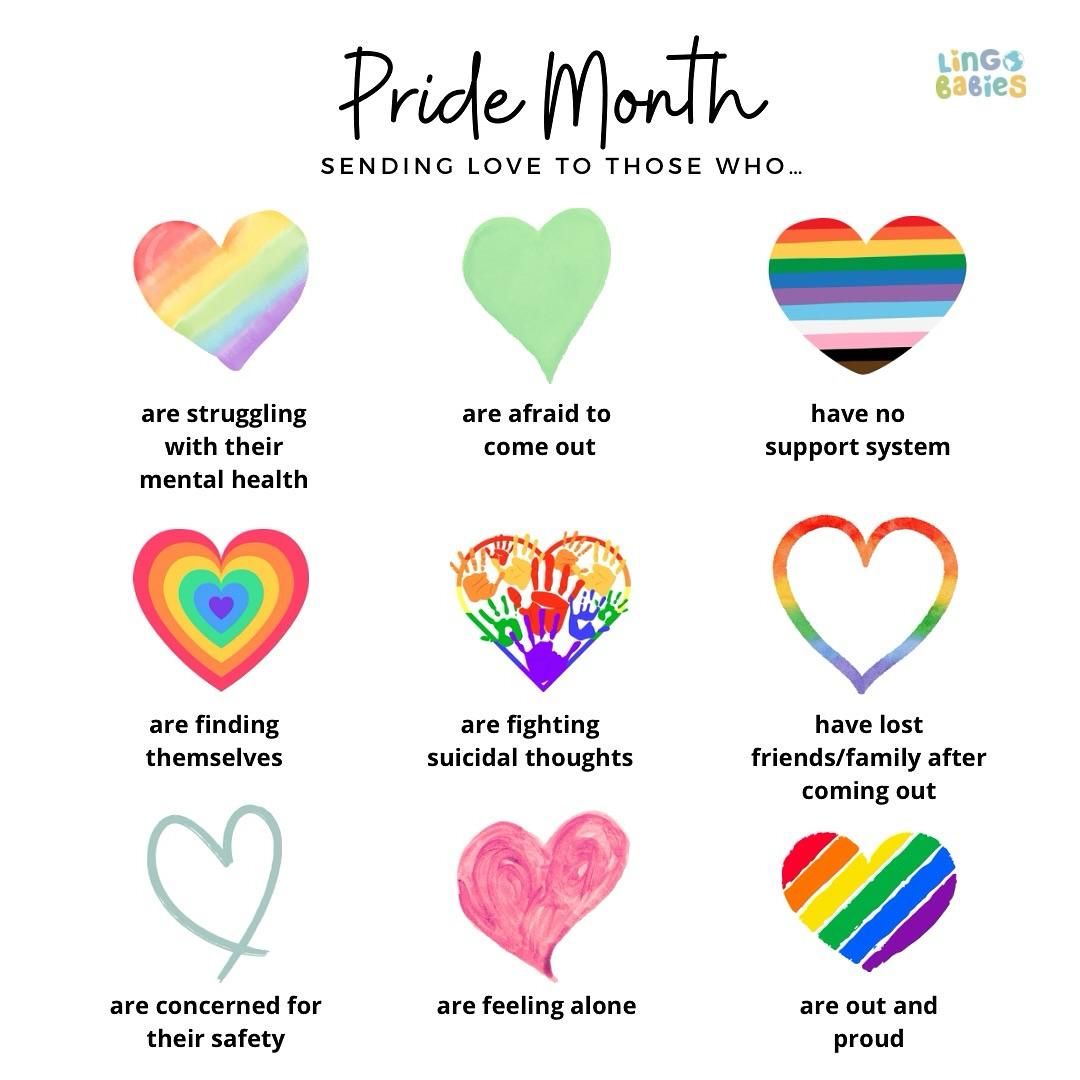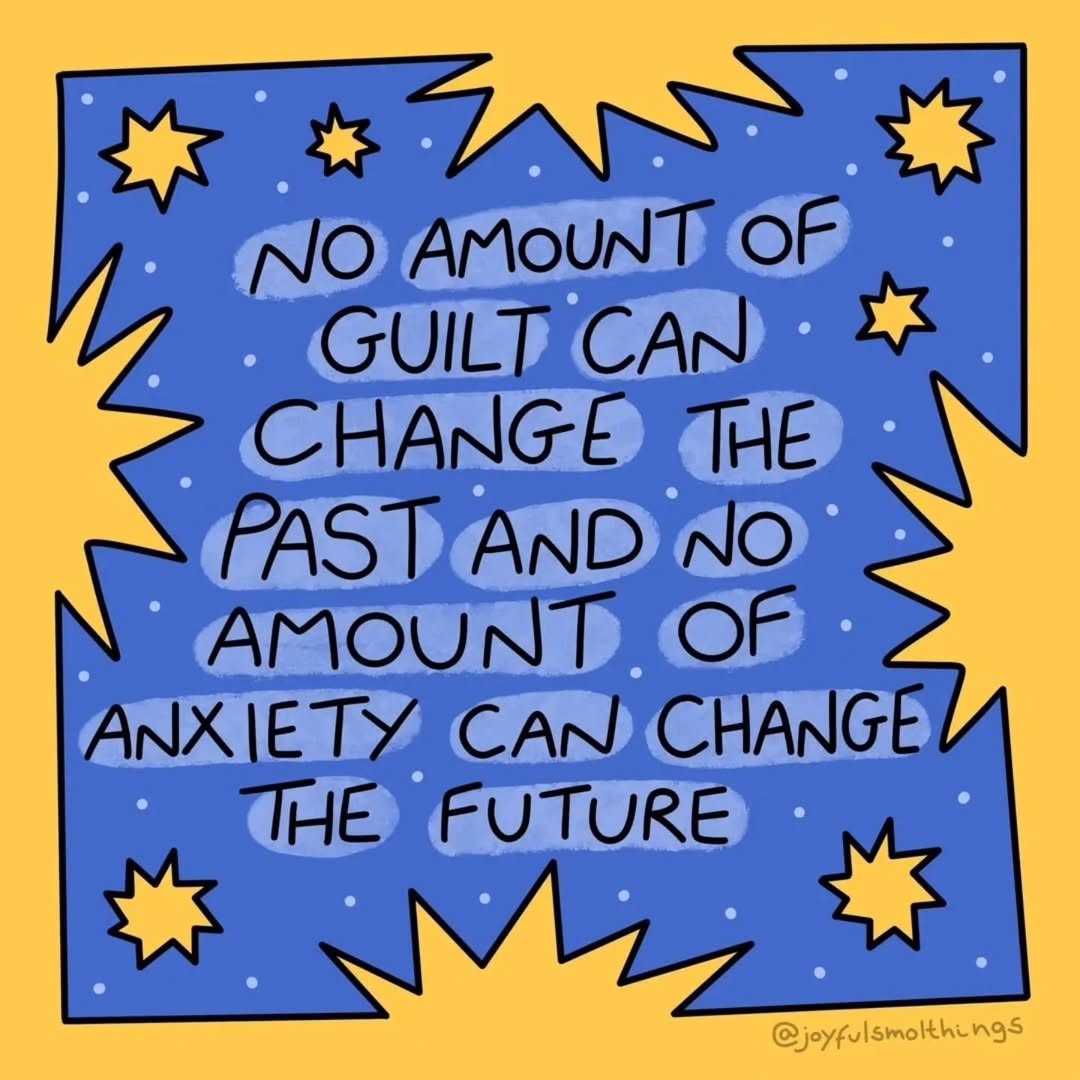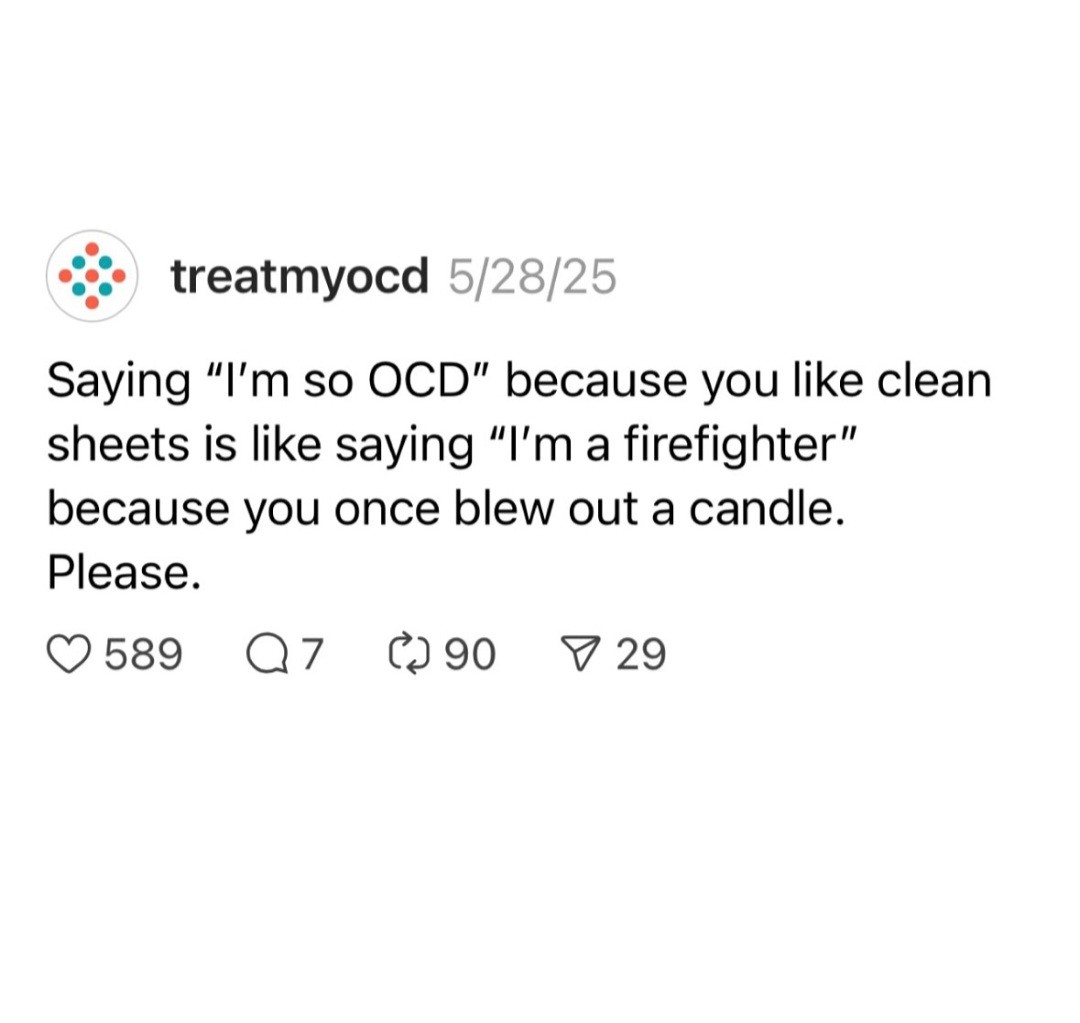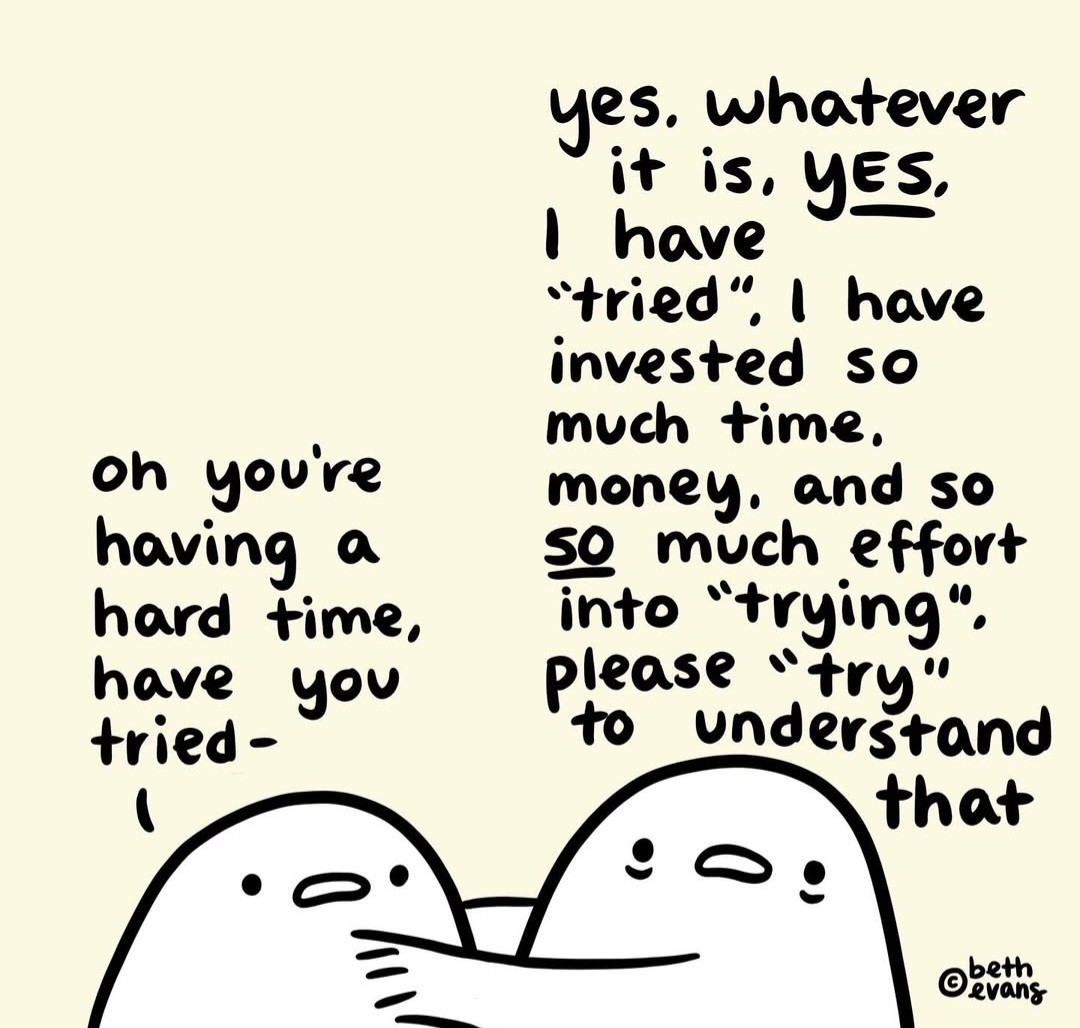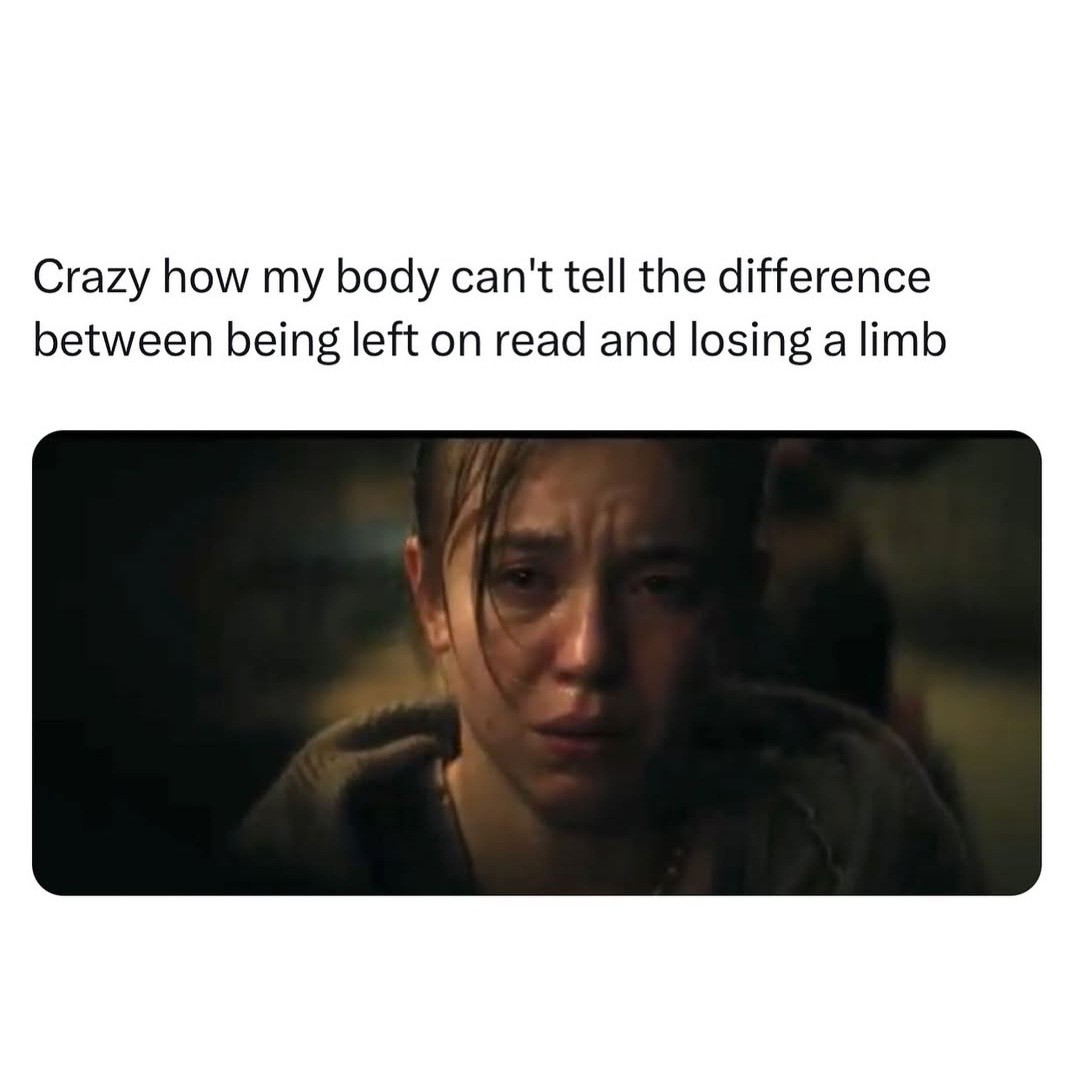Hey folks. It's me, VubDapple. I'm a (not so active but still present) mod for this community and also a mental health professional. Recently there was some upset at this young community's rule about posts concerning suicide. I thought I'd offer a few thoughts about suicide and where things seem to stand right now. Sorry for the delay in my response; things have been rather busy in my life.
Suicide is a super frightening topic for many people - with good reason. As such, it is difficult to figure out how to manage discussion of suicide in a public and anonymous volunteer forum so that everyone's needs are best met. A few issues come to mind that have to do with such balancing of needs:
-
How to balance the needs of people who want to discuss their suicidal thoughts against the needs of other people who would be triggered by reading it and would really like to avoid it? Suicidal ideation is really common within groups of people who self-identify as having mental health issues, so on the one hand it is reasonable to discuss it. On the other hand, the very nature of the topic feels dangerous to many, sometimes because it might trigger one's own suicidal thoughts and at other times because there is concern that if not handled properly any discussion could make the issue worse rather than better.
-
How to know what the risk is that someone who is suicidal might actually attempt suicide? Many people who are suicidal are not in imminent danger, but some really are. Because this judgement is difficult to make, and because no one here including moderators is able to take on an actual care-giving clinical role, it is reasonable for us to treat all suicidal discussion as potentially dangerous.
-
How to best care for a suicidal person? This community is simply not able to provide any actual suicide prevention service! There is nothing like /r/suicidewatch here at this time! The community is not staffed to care for an acutely suicidal person.
The recent rule adjustment (Rule #4) has been made to try to strike a balance between the competing needs of community members. Basically, it's okay to acknowledge the existence of suicidal thoughts or thoughts relating to self-harm but we want to discourage extended discussion of such topics, precisely because no one here is able to take on an extended care-giving role in the manner a professional caregiver would and because there is a reasonable chance or at least reasonable concern that extended discussion might make things worse than they already are. The best advice that can be given at this time would be to seek professional mental health care.
I can shed some light on how to know when suicidal thoughts are considered acutely and immediately dangerous and when they are not by providing the following psycho-educational information.
Mental health professionals divided the universe of suicidal thoughts into "active" and "passive" categories. I like to offer the metaphor of a "poison flower" to help people recognize how these categories work.
Suicidal thoughts are a developmental process that starts small and grows to become a threat. Think of a flower seedling - it is very small at first - just a shoot coming out of the soil. As it grows it develops tiny leaves and the stem gets larger, the leaves get larger, etc. in a developmental process. Eventually a bud forms, that bud opens and then we have a flower. The universe of passive suicidal ideation is just like this flower during its developmental phase eg., before the flower blooms. The universe of active suicidal ideation is like the flower after it has bloomed. Active suicidality is much more dangerous than passive suicidal ideation.
Passive ideation usually starts with a feeling of overwhelm; a sense that a person simply does not have what it will take to manage the situation they find themselves in. As it grows, the passively suicidal person becomes aware of the thought that they might be better off dead. Often this thought is frightening at first; the people who experience it do not want it there and see it as a sign that they aren't well. A further development of the suicidal process but still passive suicidality occurs when a person finds themselves fantasizing about how they might end their life. The thoughts may still be unwanted and at this phase of the developmental process there can be a sense of a growing struggle between the thoughts of dying and the desire to push those thoughts away. An even further development might occur when a person starts taking seriously the idea that they might actually kill themselves. At this late stage of passive suicidal ideation there may still not be what we call intent, but nevertheless the suicidal person may start researching how they would end their life.
The turning point between passive and active suicidality comes when three criteria are met: 1) there is intent to harm one's self, 2) there is a plan for how the person will harm themselves, and 3) the person has access to the means to harm themselves. The term intent means that the person has come to regard the idea of suicide as something they will carry out. The term plan means only that the person has picked a method for how they will die. You don't need to have a "good" plan (eg., one likely to be lethal) in order for it to count that you have a plan; any plan will do. Finally having access to the means for committing suicide means having access to the tools and materials that the person would use to end their life. When all three of these criteria are met, we mental health professionals consider the person to be actively suicidal. When the criteria are not all met then we consider people to be more passively suicidal.
Suicidal ideation is not a one-way process. People can move from not-suicidal to passively suicidal and then later to actively suicidal, but it is also true that actively suicidal people can exit their active suicidal status back usually to passively suicidal status, and then even later become not suicidal again. It's important to keep this in mind because of what some call the "suicidal trance" eg., the tendency, as a person becomes more and more actively suicidal, to believe that suicide is the only reasonable response to what appears to that person at the moment to be an endless and entirely hopeless set of life problems from which suicide is the only escape. Most of the time it isn't true that the person's life problems are actually endlessly hopeless, but it does tend to feel that way when you're in it.
There is no hard and fast rule for assessing danger here, but the general idea is that passive suicidality is less acutely dangerous than active suicidality; mostly because with active suicidality by definition there is intent to die and the person's energies are marshaled in the direction of finding a way to make that happen in a manner that is simply not the case when a person is more passively suicidal. Passive suicidality is dangerous in that it may become active later on, but most of the time when someone is passively suicidal they are not going to go home and kill themselves any time soon. Active suicidality is a crisis. The actively suicidal person needs help and they need it as quickly as it can be found. A good way to gain that help if there is no other resource around would be to go to a hospital emergency room and tell the staff there that you are actively suicidal. Such action might help best in the short term because at least in the USA (where I am located) the healthcare system is broken and there easily might not be follow up care provided which would be needed, but it might be better than nothing.
What sort of care does a suicidal person benefit from? If you know of someone who is suicidal and the right solution is not immediate hospitalization to contain a crisis that will unfold very very shortly if urgent measures are not taken, then what is the right solution? It used to be the case that mental health professionals were trained to ask suicidal people to "sign a no-suicide contract" whether actually or metaphorically. It turns out that this doesn't help much. These days, in addition to whatever therapy they may provide mental health professionals are trained to help passively suicidal clients by helping them complete a Suicide Safety Plan.
The Suicide Safety Plan is simply a list of resources that the suicidal person can think about when they are tempted by the possibility of harming themselves. It is designed to help a suicidal person to maintain perspective about their larger situation even as the "suicidal trance" beckons them to die, and to remind the suicidal person of the techniques they can use or the resources they can call upon if they are feeling especially tempted.
Anyone can make a Suicide Safety Plan by answering the following questions:
-
What are the warning signs in your behavior that signal that you are becoming increasingly suicidal?
-
What are the ways you have available to calm or sooth yourself that might lessen your need to suicide?
-
What can you do to make the environment safer for you (like getting rid of the means of harming yourself)?
-
What are reasons for living? Often this one boils down to "Who would be harmed if you were to die?"
-
Who in your personal life can you talk to about how bad things are?
-
Who are the healthcare professionals you can call on if things get really bad?
I know what you might be thinking! A lot of people looking at these questions have told me that they can't see it coming, they don't know how to sooth themselves, there are no valid reasons for living, they have no friends or people who care about them and that they can't access healthcare because it is too expensive (which is often true in the profit-obsessed USA unfortunately). Even so, it is worth trying to engage with these questions so as to write out methods and names and resources as well as you can. Even a little bit of hope and a little bit of planning in advance can become critical in a crisis, making the difference between life and death.
A final word about reasons for living. Many times suicidal people have told me that even though they have children or loved ones, that their children will be better off without them alive. Such is the warping influence of the suicidal trance which commonly argues that the suicidal person is and can only be a burden and that children or loved ones will be better off without them. This simply isn't true. Children get FUCKED UP when their parents commit suicide. Loved ones get FUCKED UP when their loved ones commit suicide. Particularly for children who lose their parents to suicide, the effect is to traumatize them rather permanently for the rest of their lives. I have seen it up close and personal. Nothing I might say can make the influence of the suicidal trance less strong, but at least hear me in that this part of what that trance says is a lie. Nothing good comes of suicide except maybe that your own personal pain is discharged. The others around you will suffer. If you don't want to contribute to the suffering of others, please consider looking for another way. That other way might be very hard to find or very expensive to access, but when it is life or death, it's a good investment to make.
General Suicide Information
https://www.cdc.gov/suicide/index.html
Suicide Helplines
In the USA: call or text 988
https://findahelpline.com/i/iasp
https://blog.opencounseling.com/suicide-hotlines/
Suicide Safety Planning:
https://www.verywellmind.com/suicide-safety-plan-1067524
https://www.psychologytoday.com/us/blog/the-recovery-coach/202306/how-to-develop-a-safety-plan-to-manage-a-suicidal-crisis
